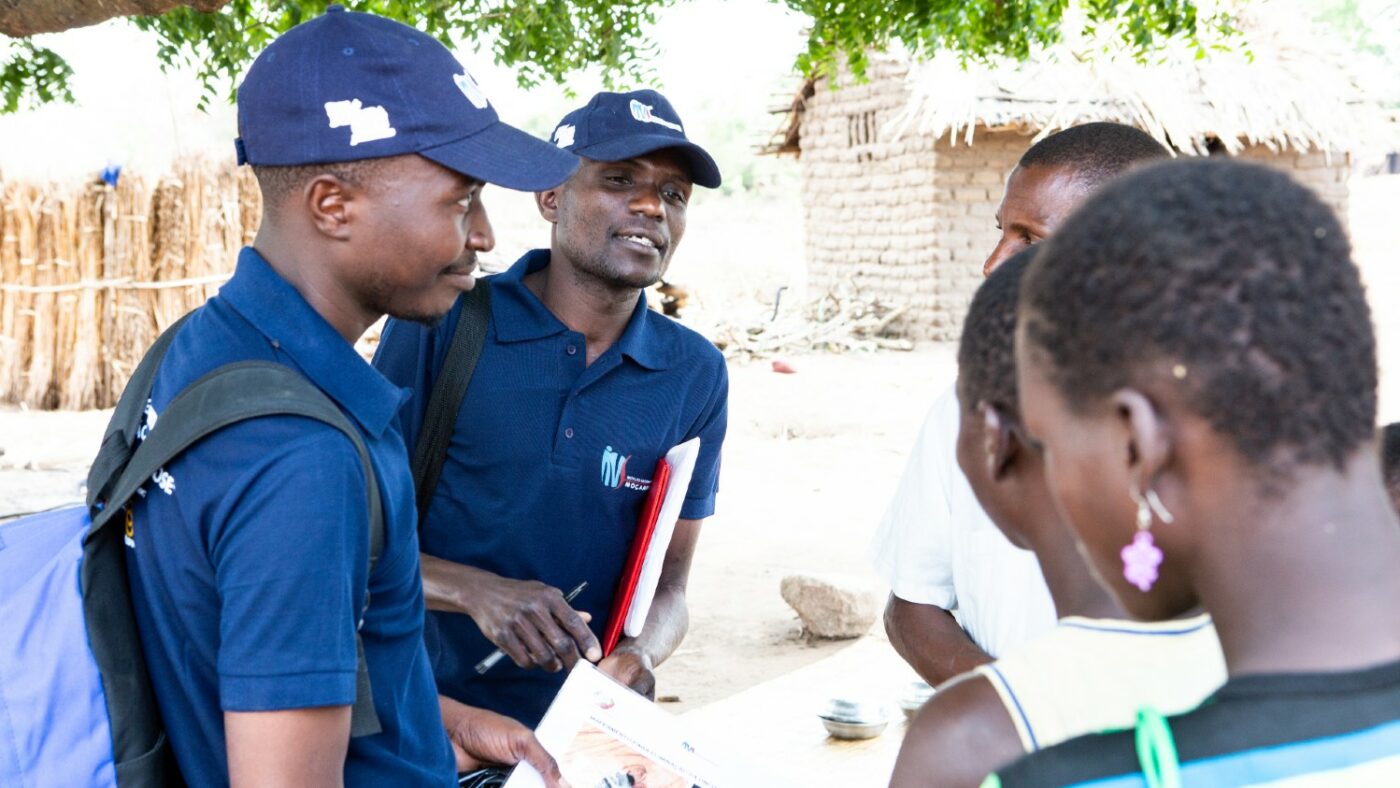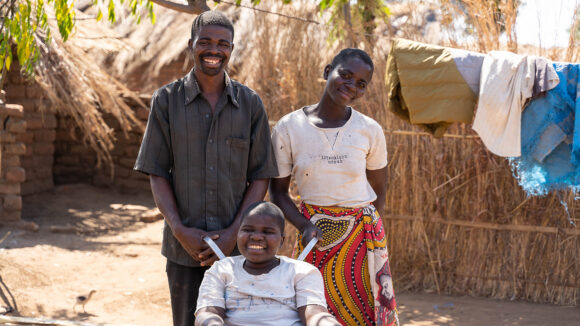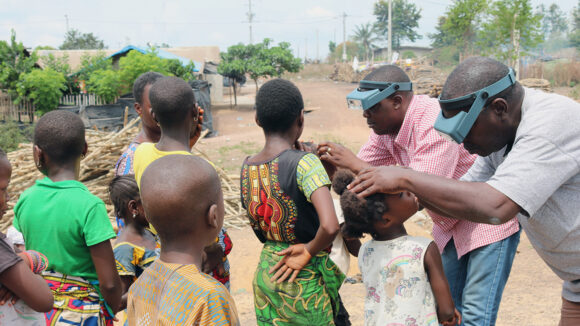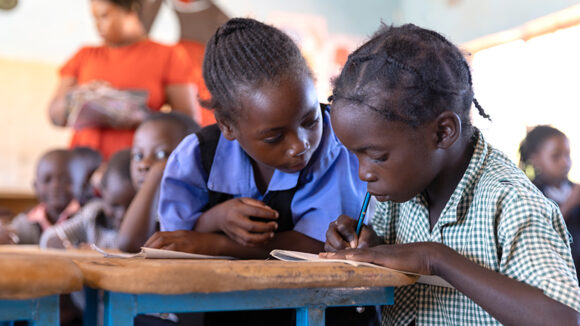Sightsavers and its partners are holding a special event on 28 January to share what we’ve learned about producing data that includes everyone.
Gathering data on people with disabilities, older people, women and girls, and other marginalised groups is important, as this helps to ensure that these groups are not left behind by development programmes.
Sightsavers, UN Women, Development Initiatives and HelpAge International have been collecting and using inclusive data for several years. As we enter 2021, this online event will provide a chance to take stock of the successes and challenges that we have faced along the way. The event will feature:
- Alex Goldsworthy, humanitarian programme officer, HelpAge International
- Claudia Wells, director of data use, Development Initiatives, UK
- Papa Seck, chief statistician and chief, research and data section, UN Women
- Munazza Gillani, country director, Sightsavers, Pakistan.
The event will include useful learnings for other organisations on how to improve their own practice. You will also get the chance to join in the conversation through a Q&A session at the end of the event.
This webinar will be taking place on 28 January via Zoom, from 2pm to 3.30pm GMT.
Dom Haslam, Sightsavers’ director of policy and programme strategy, will be acting as moderato.
Dom said: “More inclusive data is a fundamental requirement if we are to achieve the Sustainable Development Goals and their promise to Leave no one Behind. If we do not count people, their experiences, voices and contributions will be lost and as a global community we are simply more likely to fail.”
Alex Goldsworthy added: “Individuals change across their life course and to effectively respond we need data to capture these important differences.
“One must also present this disaggregated data in an accessible format as well as equip teams with the skills to interpret and make decisions based on this data.”

According to Papa Seck, “We need a deeper conversation on gender and intersecting inequalities, in order to start teasing out how we can embed this concept in our statistical and policy work.
“UN Women’s global gender data programme, Women Count, is thus paying particular attention on how to address gender and intersectionality and ensuring that this is a default approach rather than an afterthought, as is often the case.”
Claudia Wells added: “It is often said that we measure what matters, but our experience at DI has shown that time and again it is the most vulnerable and poorest people in society that are missing from data. Inclusive data is about putting this right: filling the gaps that facilitate discrimination and bias in decision making and ensuring everyone counts and is counted.”
You can read Sightsavers’ own Inclusive Data Charter action plan here, or access more information on our inclusive data work.
The Inclusive Data Charter
Sightsavers, Development Initiatives, HelpAge and UN Women are all Champions of the Inclusive Data Charter, which brings together governments and organisations to advance the availability and use of inclusive data.
Read about the charterRead all our latest news stories
News from Sightsavers
Sightsavers responds to report into FCDO’s work on disability inclusion
A report on the UK government’s development strategy and how inclusive it is of people with disabilities was published on Thursday 4 April.

Sightsavers’ Accelerate programme gets US$36.5 million funding boost to banish trachoma
The extra funding from international donors will help speed up the elimination of trachoma in Africa by expanding and extending the programme.

Sightsavers at the CIES education conference 2024
We're attending the conference in Miami on 6-14 March to share our expertise, engage with the education community and explore how we can transform inclusive education.